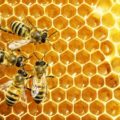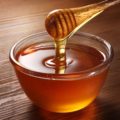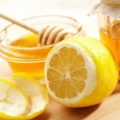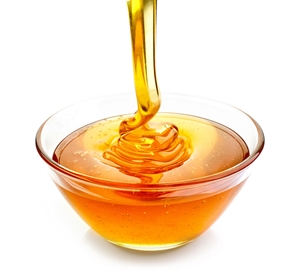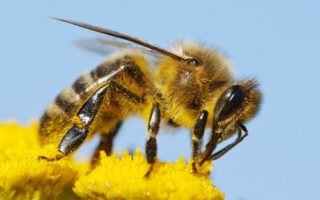
While there are a number of tried-and-true allergy relief products on the market today, homeopathic allergy relief fads are always popping up. Sometimes this all-natural advice works, and other times it yields unsatisfactory – or even detrimental – results.
The latest trend to take the seasonal allergy world by storm? Honey. People in search of some sweet allergy relief are turning to locally made versions of this sweet nectar, hoping it will tame their seasonal symptoms.
What’s the buzz?
The concept behind honey as an allergy relief product stems from the idea of vaccines.
Pollen is the root of most seasonal allergies. When bees carry pollen from flower to flower, they eventually deposit some in the honey they produce. Proponents of this trend claim that allergy sufferers who consume local honey, which inevitably contains local pollen, can essentially build up their immunity to allergens in their regions, therefore reducing their seasonal allergy symptoms.
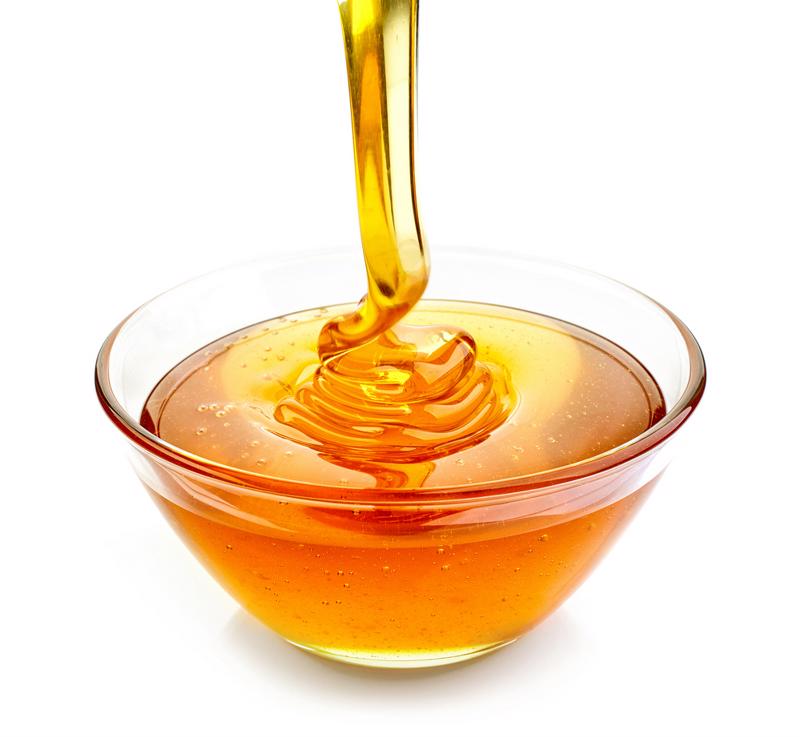 Sweet relief or just sweet?
Sweet relief or just sweet?Myth or miracle?
The logic behind this theory makes sense – after all, it’s the same logic that created life-saving immunizations. In practice, however, the concept falls somewhat flat.
In a study conducted by the University of Connecticut Health Center and published in the Annals of Allergy, Asthma and Immunology, researchers monitored 36 allergy sufferers during the height of allergy season. One-third of the participants ingested one tablespoon per day of commercial, non-local honey, while one-third consumed the same amount of unfiltered and unpasteurized local honey. The remaining third was given a daily tablespoon of a honey-free placebo substance. Subjects were asked to cease all allergy treatments besides honey and record their symptoms in a journal.
“Honey is not a seasonal allergy cure-all.”
After observing the patients and examining their reports for months, researchers determined there were no discernible differences in outcome between the three groups. Many similar studies have drawn the same conclusion: While the consumption of regional honey is great for adding flavor to food and supporting local business, it’s not a seasonal allergy cure-all.
The news isn’t all negative, however. Neil Kao, an allergist with the Allergic Disease and Asthma Center, told ABC News that in a limited study, people with birch allergies who consumed honey containing birch pollen found some symptomatic relief.
Not exactly a source of sweet relief
In conclusion, people interested in reducing symptoms and feeling healthy during allergy season shouldn’t abandon reliable, proven forms of treatment. However, the Mayo Clinic noted that the lack of official studies in support of this theory doesn’t necessarily negate the anecdotal evidence that’s behind it.
If you’re interested in testing the trend for yourself, try incorporating some locally made honey into your diet. Be sure not to share your honey-sweetened treats with children under the age of one, however, as it can cause food poisoning in them, noted the source. Be sure to supplement your honey regimen with allergy prevention and control products, which have been proven to ameliorate and relieve those pesky symptoms.

